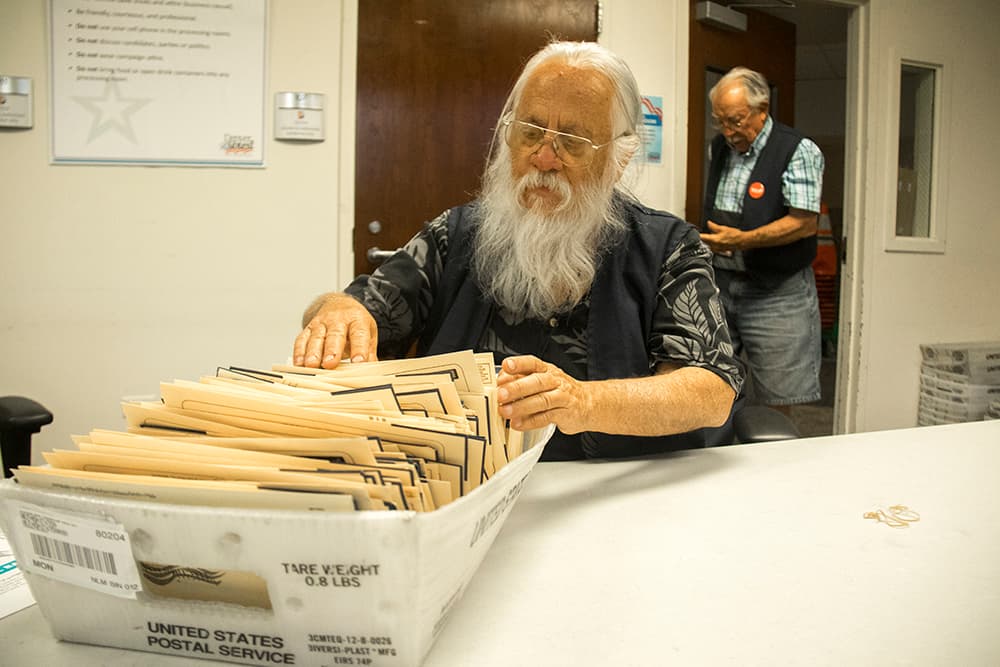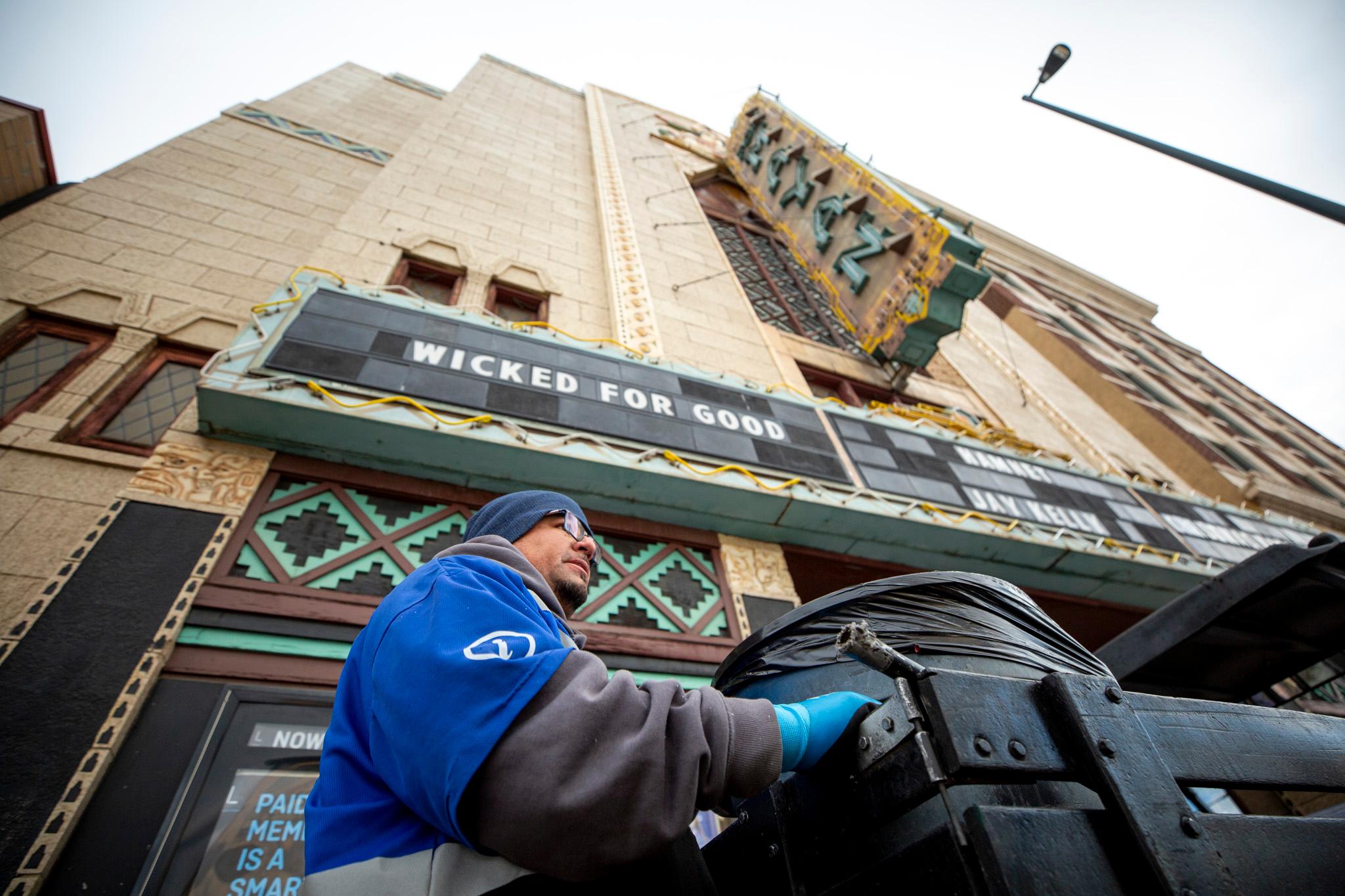
The Colorado Secretary of State Office's new risk-limiting audit process makes sure votes are counted accurately, but it could require thousands of ballots be tallied by hand in tight or unusual races.
In very close elections or in cases where something seems off in the count, whether due to system failure or interference, auditors could end up looking at many ballots to ensure everything went alright, said Dwight Shellman, county support manager for the Secretary of State's Office.
The way voting generally works in Colorado is people fill out their ballots, election offices use systems and software to scan and count them and officials test to make sure the tabulation is correct. In past years, random samples have been one of the veracity tests. After the November 2017 election, the first risk-limiting audits are expected to take place with counties auditing one statewide race and one countywide race.
What is risk-limiting auditing?
With risk-limiting audits, Colorado will use a super complex equation (you can see in the slides below) that looks at the closest race, how many votes were cast and other factors to determine how many ballots need to be audited by clerks. The goal of the process is to ensure that there is only a 5 percent chance or risk-limit that the audit won't discover an error that results in a race being called incorrectly.
"If when the counties audit those ballots and if they're examination of the ballot does not correspond to the voting system's interpretation of the ballot than there's a separate algorithm that says we need to pull this many more ballots and examine those and you keep doing that until the risk audit is satisfied or by design it results in a full hand count," Shellman said.
While in close races, many more ballots might be reviewed under the risk-limiting audit, total number of ballots audited statewide could be less than under the current system for many contests because the margin in the race is what determines the number of ballots audited.
Slower confirmation of votes means it could be awhile before we know the outcome of some races like we saw with Denver's Initiative 300 in November or the last gubernatorial race in Colorado
Risk-limiting audits provide "an additional, very important layer of security," Shellman said, to keep hackers and other threats from screwing with votes.
"Assuming the worst, where somebody was able to access and maliciously alter the software in those systems, then this is an important level of protection in the sense we're going to have audit boards in each county examine the paper record and confirm to us that voting system interpreted those ballots correctly," he said.
As Politico reported this week, Colorado is poised to be the first state to “regularly conduct a sophisticated post-election audit that cybersecurity experts have long called necessary.”
Business & data reporter Adrian D. Garcia can be reached via email at [email protected] or twitter.com/adriandgarcia.
Subscribe to Denverite’s newsletter here.











